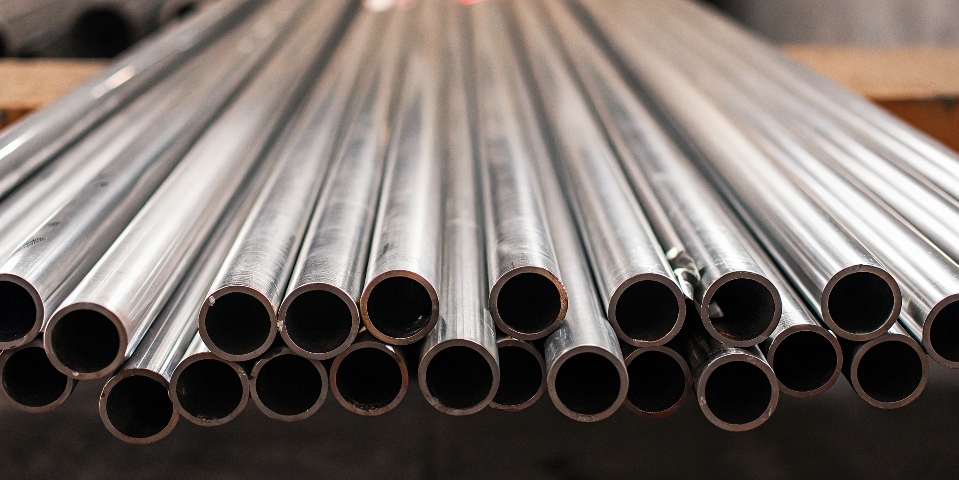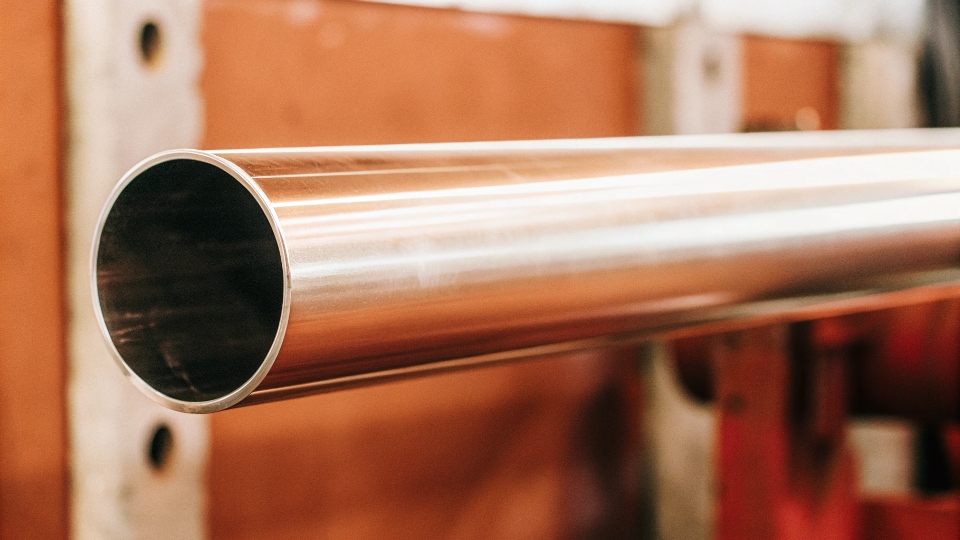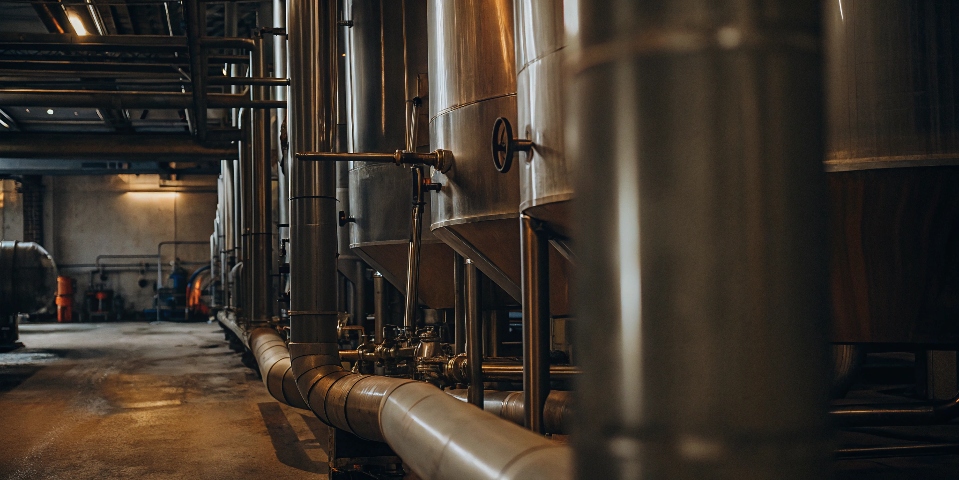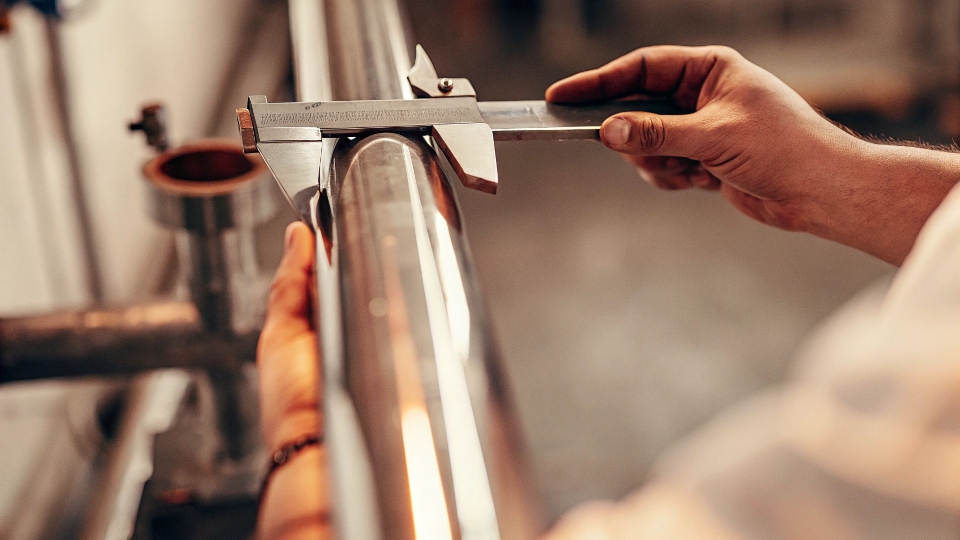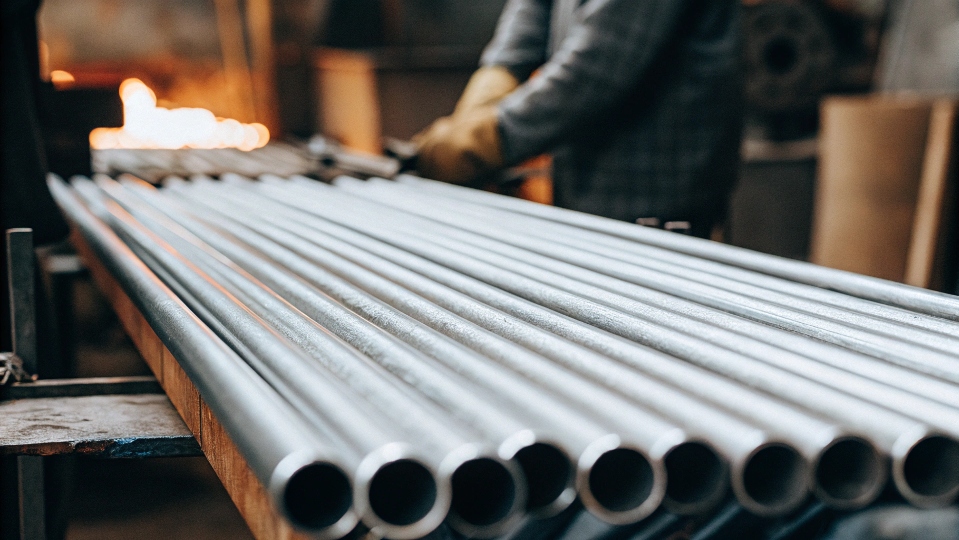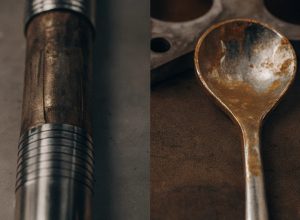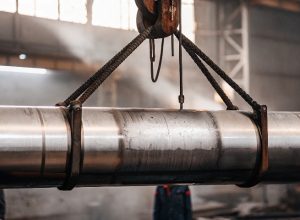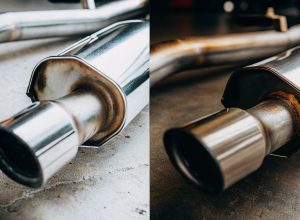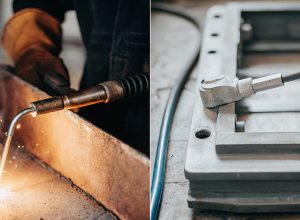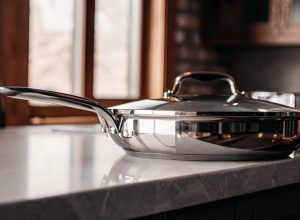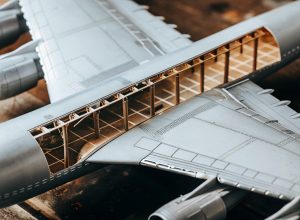Are you struggling to find a material that is strong enough for demanding jobs but also formable enough for complex manufacturing? This trade-off often leads to heavy, over-engineered parts or difficult production processes. Grade 9 titanium tubing offers the perfect, balanced solution.
Grade 9 (Ti-3Al-2.5V) titanium tubing is the go-to choice because it combines medium strength—higher than pure titanium—with the excellent formability and corrosion resistance needed for high-performance applications. Its properties, governed by standards like ASTM B338, make it exceptionally versatile.
As a technical manager with over a decade in the titanium industry, I’ve seen engineers wrestle with this challenge time and again. They need performance without compromising manufacturability. Grade 9 titanium is often the answer I provide. It hits that sweet spot. Let’s dive into the specifics of our 33mm x 3mm wall thickness tubes and explore why this material is trusted across so many critical industries.
What Makes Grade 9 (Ti-3Al-2.5V) So Special?
Do you need a lightweight material that absolutely cannot compromise on strength or durability? Using heavier metals adds unnecessary weight, which can increase operating costs and reduce overall performance. The unique properties of Grade 9 solve this exact problem.
Its special features include an exceptional strength-to-weight ratio, outstanding resistance to corrosion, and excellent formability. This unique combination allows for lightweight yet durable designs, and we can cut tubes to custom lengths to meet your exact project needs.
The alloy Ti-3Al-2.5V is what gives Grade 9 its remarkable personality. It’s often called the "workhorse" of titanium alloys for good reason. It delivers strength that is significantly higher than commercially pure grades, yet it doesn’t have the fabrication challenges of ultra-high-strength alloys. This means it can be cold-worked, bent, and formed with relative ease, a huge benefit that reduces manufacturing complexity and cost. On top of that, its resistance to corrosion from saltwater, acids, and other chemicals is second to none. For an engineer or sourcing specialist, this means you are getting a material that is not only strong and light but also incredibly durable and easy to work with.
I often advise clients who are considering other materials to look at the whole picture. Just last month, a client in the marine industry was planning to use a heavier nickel alloy for a piping system. I showed them how using Grade 9 would not only prevent corrosion but also significantly reduce the structure’s overall weight, improving efficiency without sacrificing an ounce of strength.
In Which Industries Do 33mm Grade 9 Tubes Excel?
Are you trying to source a single, reliable material that can perform across several different high-stakes applications? Juggling multiple material specifications increases inventory costs and sourcing complexity. The versatility of Grade 9 titanium simplifies this process significantly.
These tubes excel in demanding industries, including aerospace for structural parts, chemical processing for piping systems, marine engineering for corrosion resistance, and high-performance sectors like motorsports. They are also used for medical instrument frames.
The balanced properties of our 33mm Grade 9 tubes make them a top performer in many fields. In the aerospace and motorsports industries, where every gram counts, their strength-to-weight ratio is a critical advantage for structural components. For chemical and marine equipment, their superior corrosion resistance ensures a long and reliable service life, even when exposed to harsh substances or saltwater. That same durability makes them ideal for heat exchanger and condenser systems, where they must withstand constant temperature and pressure changes without failing. We also see them used frequently for medical applications, such as the frames and support structures for surgical instruments, where strength and cleanliness are paramount.
From my perspective as a technical expert, reliability is everything. When a client in the medical field comes to me, they need absolute confidence in the material’s performance and traceability. Grade 9 provides that assurance. It’s a proven material that delivers consistent results, whether it’s for a race car chassis or a critical heat exchanger.
What Are the Critical Technical Specs for ASTM B338 Grade 9 Tubes?
Can technical data sheets be confusing and slow down your procurement process? Misinterpreting key metrics like tensile strength or material standards can lead to ordering non-compliant parts, causing costly delays. Let’s clarify the essential numbers for Grade 9.
The critical specs for this 33mm tube are defined by its material composition (Ti-3Al-2.5V), its manufacturing standard (ASTM B338 / ASME SB-338), and its mechanical properties, including a minimum tensile strength of 620 MPa and a minimum yield strength of 483 MPa.
To ensure you’re getting the right product, it’s vital to understand these specifications. The ASTM B338 standard is a guarantee that the tube is suitable for high-pressure and high-temperature applications like condensers. The mechanical properties tell you how the material will behave under load. Tensile strength (UTS) is the maximum stress it can withstand before breaking, while yield strength (YS) is the point at which it starts to deform permanently. Here are the key figures for our tubes:
| Specification | Value |
|---|---|
| Outer Diameter | 33mm |
| Wall Thickness | 3mm |
| Material | Grade 9 Titanium (Ti-3Al-2.5V) |
| Standard | ASTM B338 / ASME SB-338 |
| Ultimate Tensile Strength (UTS) | ≥ 620 MPa |
| Yield Strength (YS) | ≥ 483 MPa |
| Elongation | ≥ 15% |
The most important document I provide my clients is the Mill Test Certificate (MTC). This certificate is our guarantee that every tube in your shipment has been tested and meets or exceeds every one of these specifications. For us, quality assurance isn’t just a process; it’s a promise.
What Are Common Grade 9 Tube Sizes and Their Specific Uses?
Are you unsure which tube diameter and wall thickness is the right fit for your project? Choosing the wrong size can be a costly mistake, leading to wasted material or a part that isn’t strong enough for the job. Here is a quick guide to common sizes and their roles.
Common sizes range from small precision tubes under 12mm for medical devices and bicycle frames to large, thick-walled pipes over 60mm for industrial heat exchangers. The size and wall thickness are always selected to match the application’s specific structural and pressure demands.
The size of the tube is directly related to its job. A small-diameter tube is perfect for delicate work, while a large, thick-walled pipe is built for heavy industry. The 33mm tube falls into a very versatile middle category, suitable for both pressure systems and structural uses. Our production capabilities cover both seamless and welded tubes to fit different needs and budgets. Here is a more detailed breakdown of how different sizes are typically used:
| OD Range | Wall Thickness (WT) | Typical Applications | Why it’s chosen |
|---|---|---|---|
| ≤ 12mm | 0.5mm – 1.5mm | Medical catheters, bicycle tubing, instrument parts | High strength, lightweight, and biocompatible. |
| 16mm – 33mm | 1mm – 3mm | Aerospace hydraulic lines, small heat exchangers | Balanced mechanical properties for pressure-bearing structures. |
| 33mm – 60mm | ≥ 3mm | Chemical pipes, steam systems, pressure vessel nozzles | Excellent resistance to seawater and chloride corrosion. |
| ≥ 100mm | ≥ 5mm | Aerospace structural frames, deep-sea pipelines | High structural strength and good weldability for large builds. |
One of the key insights I share with my clients is to think about the manufacturing process. For a high-pressure system, a seamless tube is often the best choice for maximum integrity. However, for many structural applications, a high-quality welded tube that meets ASTM standards can offer a more cost-effective solution without sacrificing performance. It’s about matching the right product to the right job.
Conclusion
In short, Grade 9 titanium tubing is an incredibly versatile material that provides a fantastic solution for engineers who need strength, formability, and long-term durability in one package.

